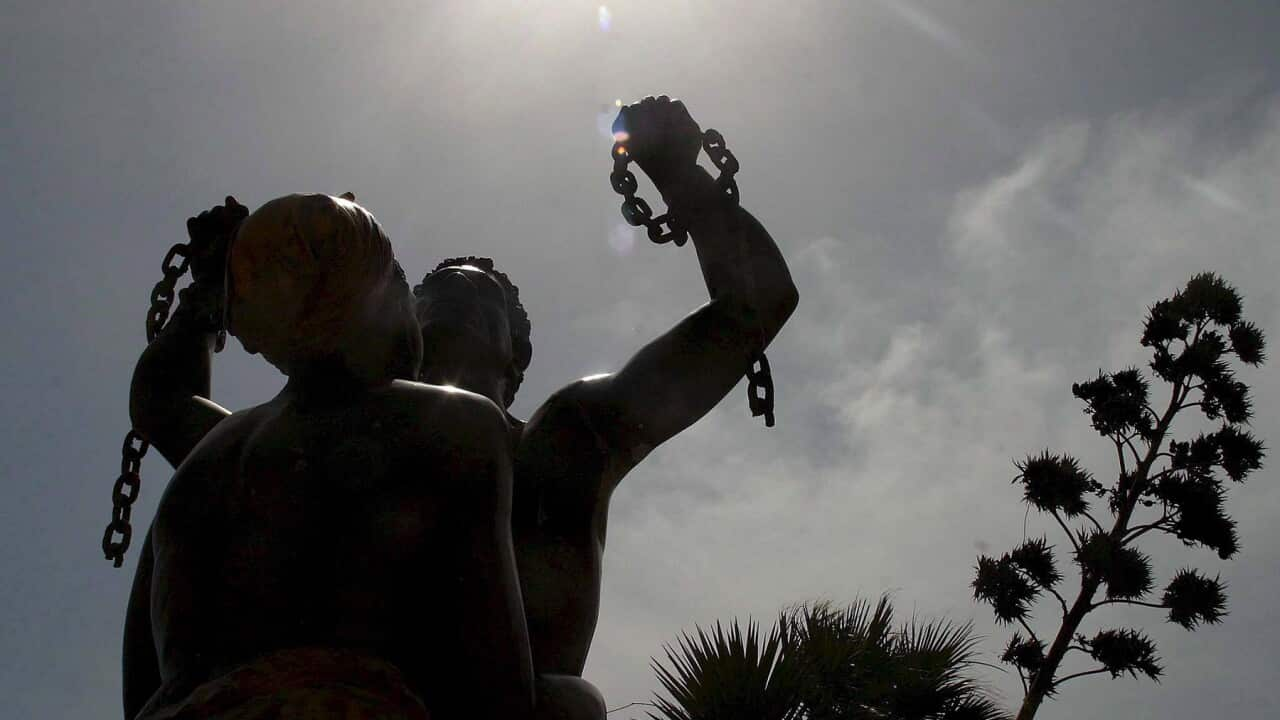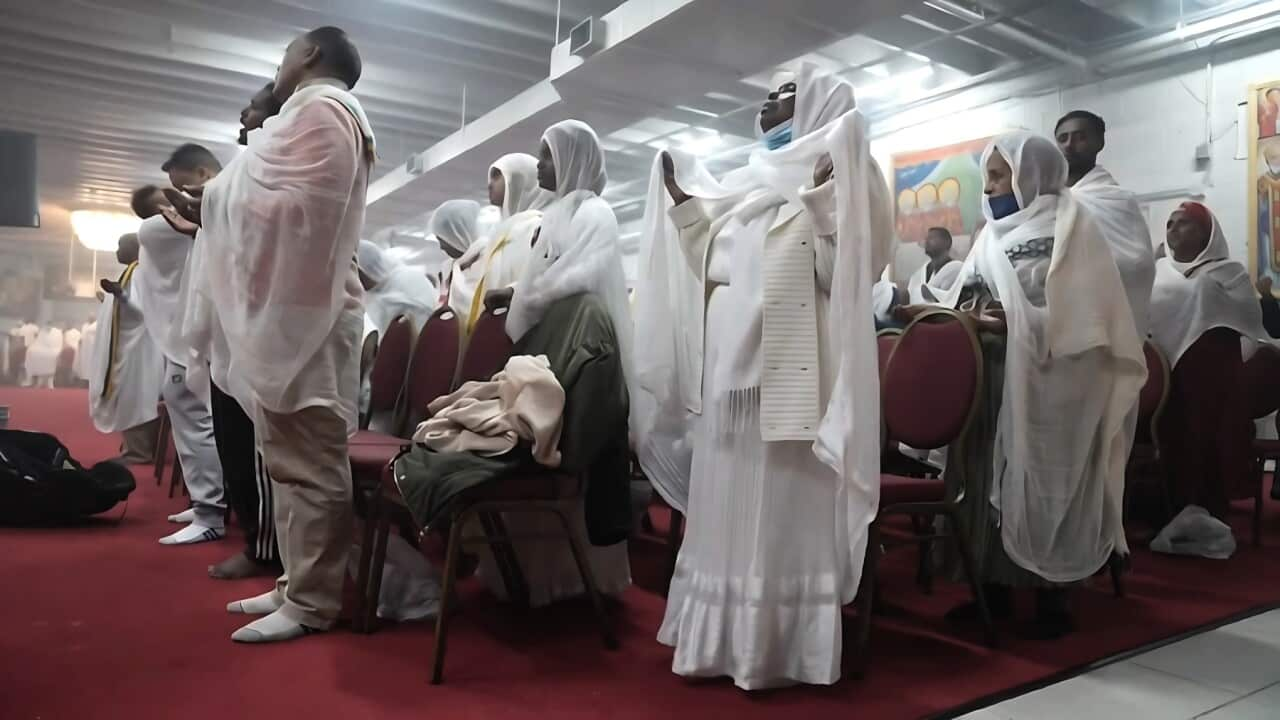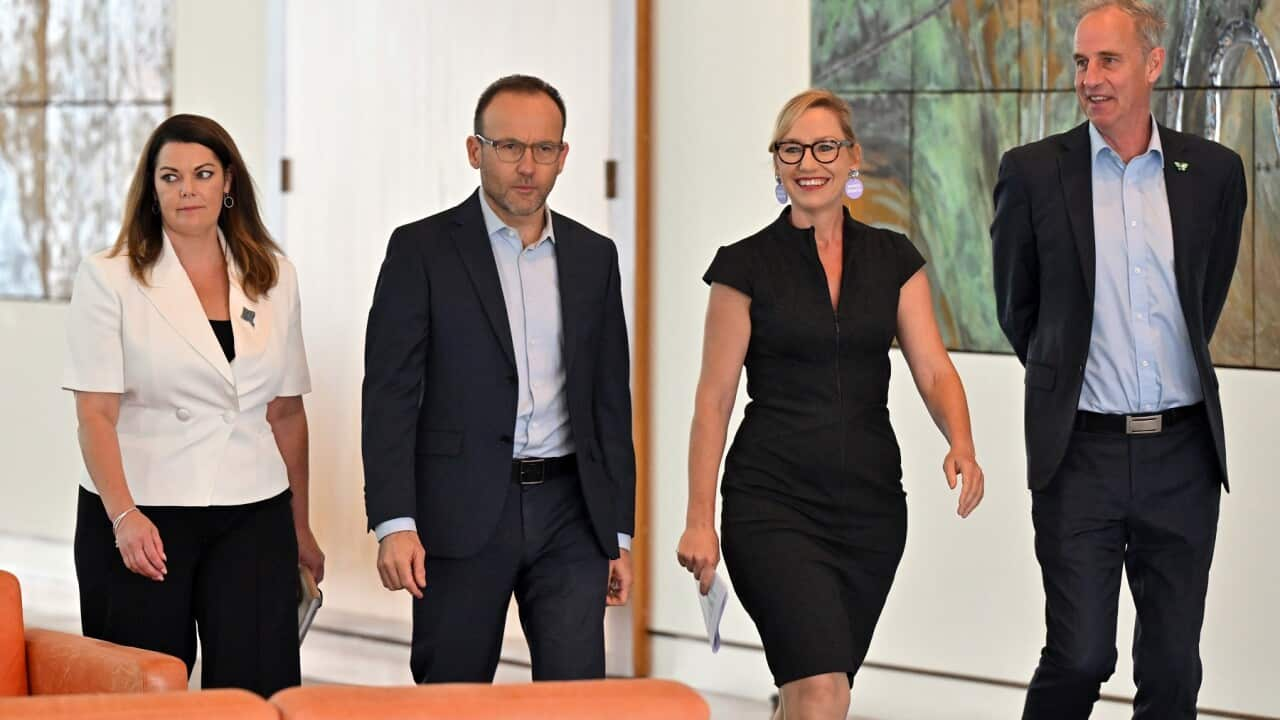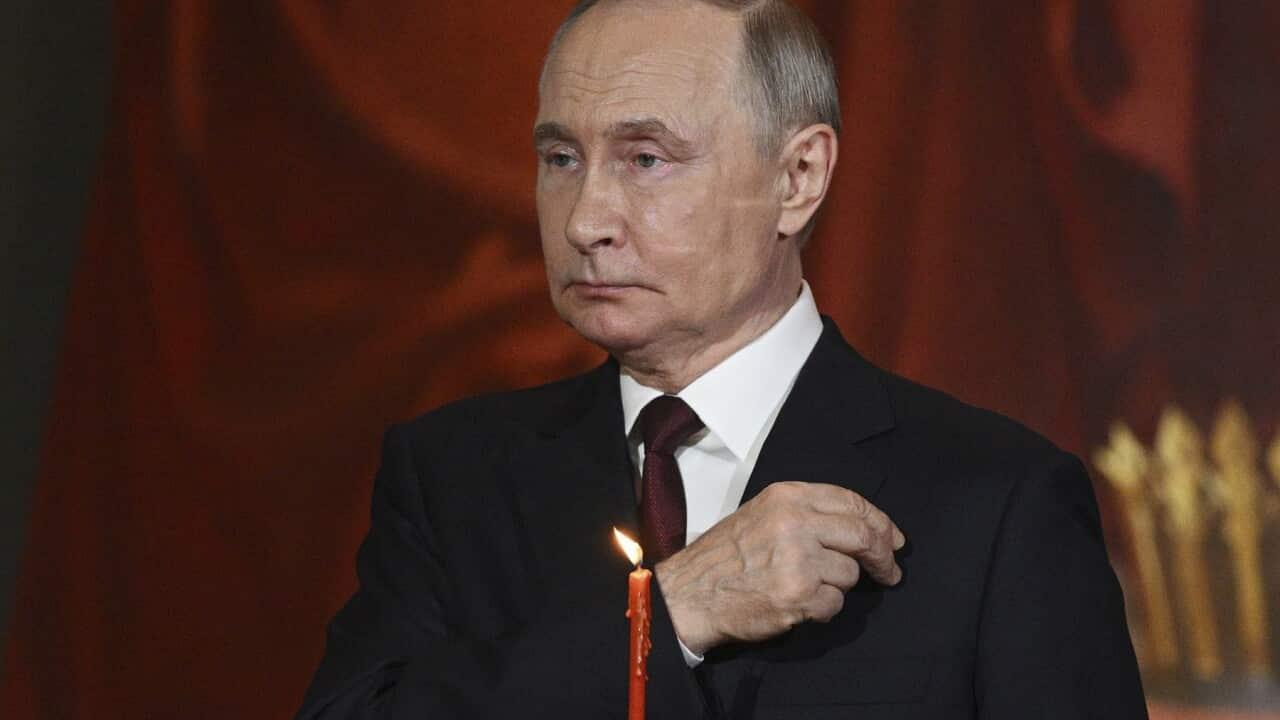TRANSCRIPT
Every year, in March, the annual International Day of Remembrance is observed for victims of slavery.
President of the United Nations General Assembly Philemon Yang says the day aims to raise awareness about the dangers of racism and prejudice - and remembers those who suffered and died at the hands of the slavery system.
"On the International Day of Remembrance of the Victims of Slavery and the Transatlantic Slave Trade, we recall this history and confront its legacy. And we reflect on the moral urgency of dismantling that legacy. We commit to laying the foundations for a more just future. One built upon respect for human dignity and human rights."
UN Secretary-General Antonio Guterres says it is important to acknowledge past wrongs.
"The horrors of the transatlantic slave trade are an undeniable fact. Acknowledging this truth is not only necessary, it is vital for addressing past wrongs, healing the present, and building a future of dignity and justice for all. It is also important that reparatory justice frameworks are grounded in international human rights law, developed with the participation of affected communities and acknowledge the terrible harms caused."
But the issue of slavery is not confined to the distant past.
Professor Jennifer Burn is the Director of the research and policy centre Anti-Slavery Australia at the University of Technology Sydney.
The Professor says there are 50 million people subject to modern slavery throughout the world today - and the practice still happens in modern day Australia - though it's hard to establish how many people are affected here.
"Some organisations will say there are two thousand, others will say there are closer to forty thousand. But we know that most people in modern slavery in Australia are not identified and therefore they don't get the support and the protection that they need."
Professor Burn says reports from the Australian Federal Police suggest modern slavery can take many forms - including forced marriage.
"There are eight specific forms of modern slavery that we put under the big umbrella of modern slavery and they include the offences of slavery, servitude, forced labour, forced marriage and other various grievance offences that affect the human rights and survival of people affected."
Professor Burn says there are many factors that drive the practice of modern slavery, including the collapse of the global financial system after Covid-19, mass migration, and people trying to find better jobs to support their families.
"Slavery preys on some kind of vulnerability that can be exploited for commercial or personal gain."
A national roundtable has met twice a year in Australia since 2008 to discuss human trafficking and slavery.
Practice guidelines have now been developed for organisations and officials who come into contact with incidents of modern slavery, amid concern there is a lack of knowledge of what it is, and how to respond.
Professor Burn, who helped develop the guidelines, says they are hoping to launch a blueprint within the next couple of months.
But she says there are already supports and protections available for people involved in modern slavery.
They can be referred to a special program called the support for the traffic people program run by the Red Cross.
If they are in or at risk of modern slavery and involved with forced marriage they can refer to the forced marriage specialist support program that is government funded.
"Additionally reports can be made to the AFP through their website to report crimes or grave exploitation. And of course anti-slavery Australia has a dedicated forced marriage website and response to mybluesky.org.au as well as the legal service that we provide to our servers."
Wole Soyinka is a Nobel Prize Laureate in Literature.
The keynote speaker at the UN event marking the International Day of Remembrance, Soyinka says there is still a lot of work to do globally to combat slavery practices.
"Until we adopt a holistic, comprehensive and egalitarian attitude to the phenomenon of slavery, I am afraid it is going to be with us for a very long time."
Antonio Guterres says targeting racist attitudes in societies is an important place to start.
"I urge everyone to play their part in building inclusive societies free from the evils of racism. That means countries complying with their international obligations, including the Universal Declaration of Human Rights; implementing the International Convention on the Elimination of All Forms of Racial Discrimination and becoming Parties to the Convention if they are not already. It means business leaders promoting equality and combatting racism. And it means civil society, and everyday people continuing to push for justice, and taking a stand against racism wherever and whenever it appears."













